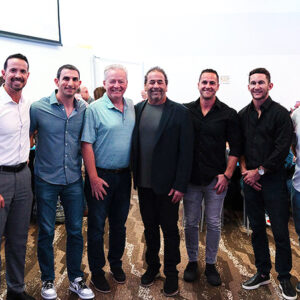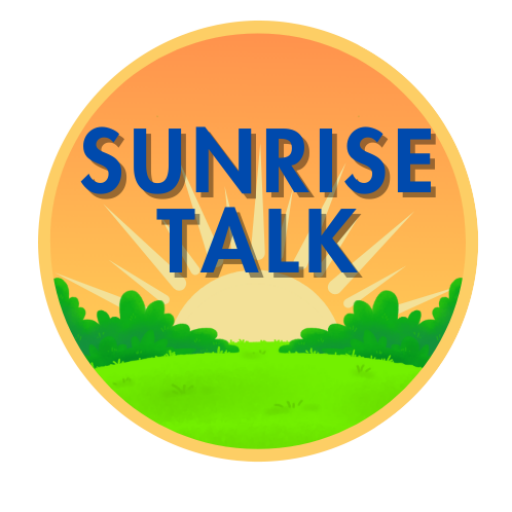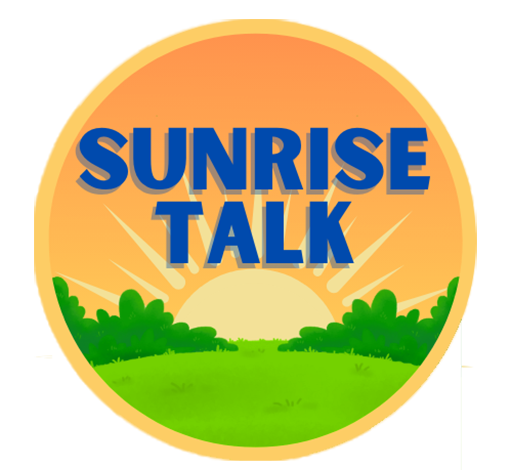
By Bryan Boggiano
This story has been updated to correct code amendments and updates.
The Coral Springs City Commission approved changes to the land development code and code of ordinances at their September 13 meeting, specifically regulating sober homes, recovery residences, and other facilities.
The vote comes as the commission regulates abuse of these facilities, including clustering in multiple city residential areas.
Previously, the commission unanimously approved the ordinance on first reading at their August 16 meeting.
According to city documents, recovery facilities are usually single-family homes or residential units where unrelated individuals live together to create a family-like environment, which is crucial for reintegration and recovery.
But, as cases of substance abuse rise, so does the number of these residences, leading to clustering and regulation-related issues that affect the overall productivity of recovery residences and related facilities.
To address these concerns and act within the confines of the Fair Housing Act and Americans with Disabilities Act, the city worked with a consultant, Daniel Lauber, to construct a new legal framework.
Specifically, the ordinance defines community residences, recovery residences, and congregate living facilities. The code also states in which zoning districts recovery homes are and are not allowed.
Under the new code, any residence of four or fewer unrelated individuals is a family and not subject to further regulation. If there are more than four people, the code states there must be a reasonable accommodation using the least drastic means to achieve a legitimate government interest.
According to the code, a family in community residences can be classified as having a relatively permanent tenancy (known as a family community residence) or a transitional living (which lasts for weeks to months but less than a year). To be considered either type of residence, it must be situated at a distance greater than 750 feet or nine lots (depending on which is greater) from the nearest community residence, recovery community, or congregate living facility. Both must also be licensed and certified.
A family community residence must apply for reasonable accommodation if it does not meet the certification or spacing requirements. If a transitional living does not meet spacing or certification requirements or is in a single-family district, they must also apply for reasonable accommodation.
Also, if the community residence houses more than ten residents and is not a state-licensed community residential home for seven to 14 residents, it must apply for reasonable accommodation.
In single-family districts, recovery communities are not permitted unless they exist and obtain and maintain a Florida Association of Recovery Residences (FARR) certification within six months of code adoption.
In multi-family districts, recovery communities are allowed if they fulfill spacing requirements and have state certification. They must apply for a reasonable accommodation if they are within the spacing distance of another related community.
Family community residences, transitional community residences, and recovery communities would be permitted as of right in downtown mixed-use areas when standards are met. They are not allowed in industrial-commercial areas.
The code also updates off-street parking requirements.
Housing units for older adults must have one parking spot per unit, while congregate living facilities must have 1.26 parking spaces for each sleeping room.
Community residences must have two parking spaces per dwelling unit plus one space for the resident who is expected to have a motor vehicle.
Recovery communities in a one- or two-family dwelling must have one additional parking space per resident and meet various pre-existing code requirements.
Commissioner Joshua Simmons moved to approve of the ordinance. Vice Mayor Shawn Cerra seconded, and it passed unanimously.
Send Your News to Coral Springs #1 Award-Winning News Site Here. Don’t miss reading Parkland Talk, Tamarac Talk, Coconut Creek Talk, and Margate Talk.
Author Profile
![]()
Latest entries
 NewsDecember 26, 2024JAFCO Hosts Annual Poker Tournament, Raising Vital Funds for Children’s Ability Center
NewsDecember 26, 2024JAFCO Hosts Annual Poker Tournament, Raising Vital Funds for Children’s Ability Center NewsDecember 19, 2024School Board Approves 2025/26 School Calendar
NewsDecember 19, 2024School Board Approves 2025/26 School Calendar NewsDecember 17, 2024American Heritage Schools’ Pre-Med Program Celebrates 25 Years of Spreading Holiday Joy to Pediatric Cancer Patients
NewsDecember 17, 2024American Heritage Schools’ Pre-Med Program Celebrates 25 Years of Spreading Holiday Joy to Pediatric Cancer Patients NewsDecember 16, 2024City of Sunrise Hosts Free Screening of Disney Pixar’s “Inside Out 2”
NewsDecember 16, 2024City of Sunrise Hosts Free Screening of Disney Pixar’s “Inside Out 2”








